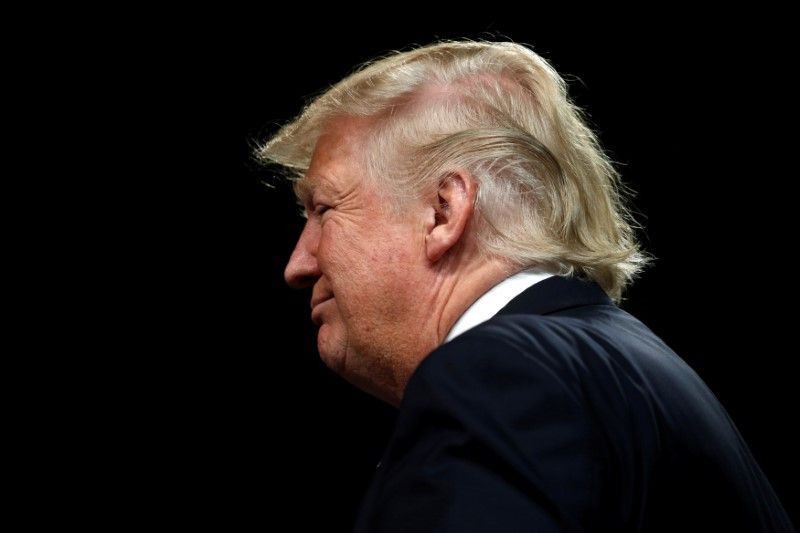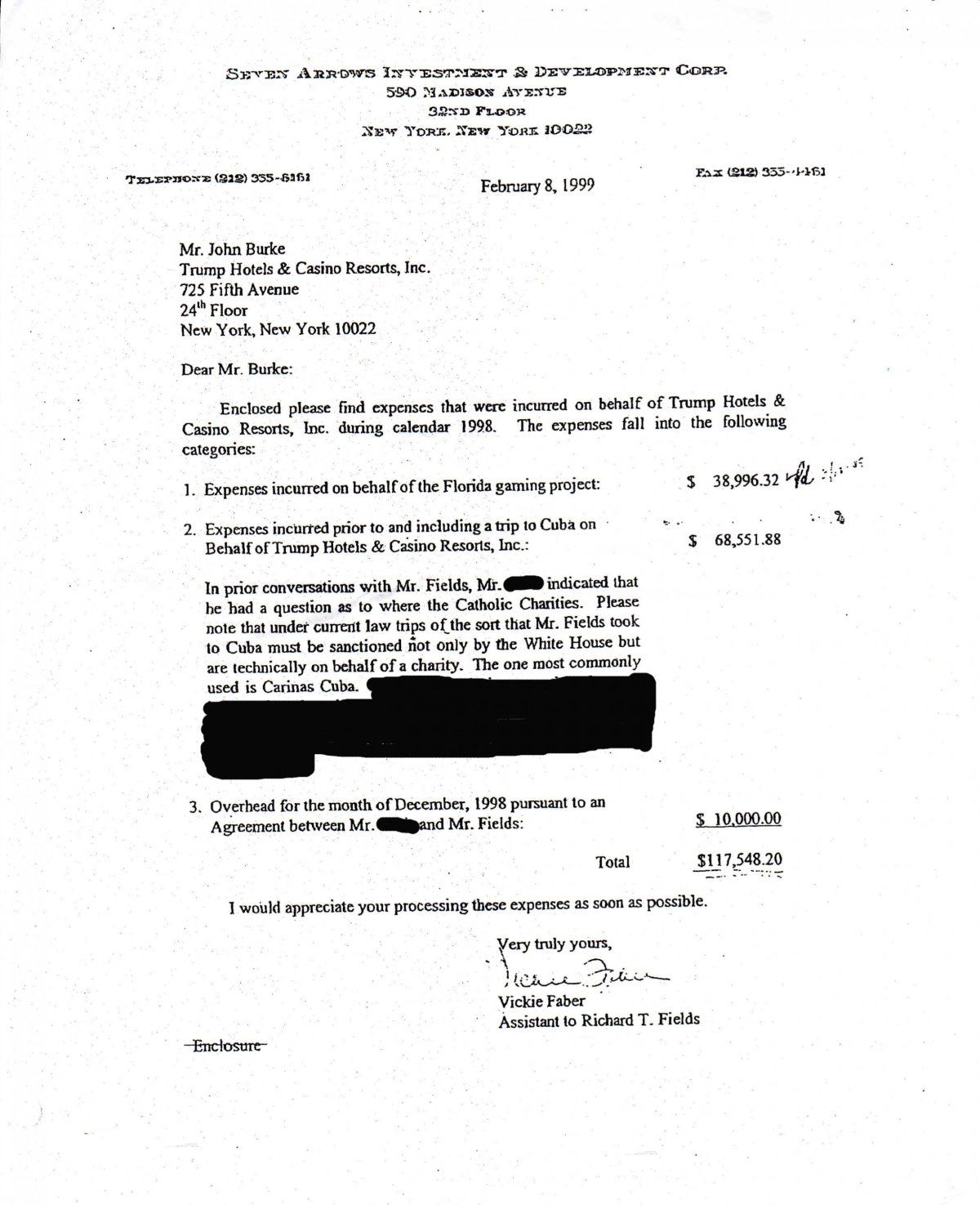
After this article was posted, Jay Ducassi, the metro editor of the Miami Herald, received a message left earlier by Newsweek. Ducassi said, "The Miami Herald often attaches related archived stories to news articles. The day after a front-page article was published about the Newsweek report, the 1999 opinion piece by Donald Trump from our archives was linked to the online version of our coverage. We should have noted that the Trump op-ed was being reprinted solely in the context of the current controversy surrounding his purported 1998 violation of the Cuban embargo."
The competition for worst journalistic decision has been intense during the 2016 election season. But the winner—at least up to now—is no doubt the Miami Herald. It made a choice that horribly deceived their readers about reality—and the incompetence it took to make such a huge error is almost incomprehensible.
This, again, starts with the 1998 decision by one of Donald Trump's companies to violate federal law by breaking the Cuban embargo during the presidency of Fidel Castro. At the time, there were calls in Washington to loosen or even drop the decades-long trade restrictions, and in an effort to lay the groundwork for new business if the embargo dropped, Trump Hotels & Casino Resorts sent some consultants to Havana. There, these representatives from the consulting firm, Seven Arrows Investment and Development Corp., met with officials from the Castro government, financiers and business people. All told, the effort cost $68,000, much of which was spent illegally traveling to and working in Cuba.
In February 1999, Seven Arrows sent an invoice to Trump Hotels, seeking reimbursement for the $68,000. The invoice makes clear that the people involved knew the trip was illegal—even though the effort was over, it discusses how Trump Hotels needed a government license before the travel to Cuba took place. It also describes a way to make the business trip appear to be part of a humanitarian effort by linking it after-the-fact to a Cuban charity. Some charitable efforts in Cuba were legal, so long as no American person or entity spent the money. No business enterprise solely to develop opportunities was legal—and spending even a dollar in Cuba was a crime. In the end, Trump Hotels did not seek a license, did not obtain an after-the-fact sponsorship from a charity but simply stuffed the records of the crime into a filing cabinet, apparently hopeful they would never be seen publicly. But Donald Trump, according to former company executives, knew about the Cuban trip ("Do you honestly think any of Trump's top guys would spend $68,000 without clearing it with him?" one executive replied sarcastically when Newsweek asked if Trump knew.)
Soon after the invoice was paid, Donald Trump began planning a run for the presidential nomination of the Reform Party. He decided to first focus his run on Florida, a state with one of the largest number of electoral votes—by targeting Cuban-Americans. At the time, Trump could not proclaim that his company had just paid for an illegal trip to Cuba—at least not without guaranteeing both a loss in Florida and the launch of a criminal investigation. So instead, Trump decided to trick Cuban-Americans.
The first step? Writing an op-ed for the Miami Herald in which he proclaimed his steadfast support for the embargo he had just broken. The opinion piece was published June 25, 1999, just a couple of weeks before it was publicly revealed Trump was readying a presidential run. In his article, Trump wrote:
"Of course, (Castro) would love Donald Trump to come to Havana and build casino hotels. Why? Not to raise the standard of living for the people of Cuba. Quite the contrary. Almost every dollar would go to prop up his police-state. Why? Because foreign investors cannot legally do business with private Cuban citizens. They can go into business only with the Castro government. It is highly illegal in Cuba for anyone except for the regime to employ a Cuban citizen."
Now, compare those words with the invoice published in Newsweek last week. Look at the date and the purpose given for why the $68,000 in expenses were incurred:

Reasonable people might conclude that the editors at the Miami Herald would be infuriated that the pages of their newspaper had been used to deceive their readers. Yes, you would think that. But apparently not.
Instead, this week, the Miami Herald decided to reprint the dishonest 1999 Trump opinion piece, with no explanation that the newspaper had been tricked into letting a politician-in-waiting deceive their readers about how this man did business. The invoice, which Newsweek has made available to anyone who asks, was not printed. No indication was made that the evidence is incontrovertible that Trump's secret actions contradicted his public comments.
Newsweek telephoned the Miami Herald news desk and was assured an editor would call back to discuss their decision to reprint the op-ed piece without including the evidence of Trump's deceit. No one returned the call.
The bottom line: American voters are preparing to decide who will be the President of the United States. This is serious stuff. The media has spent enough time with nonsense like Dr. Oz's opinion of Trump's health. Throwing a known falsehood back into the public—and pretending it reflects even a modicum of reality—constitutes journalistic malpractice. Miami Herald: Shame on you.
Following publication of this article, editors at the Miami Herald added a note to the reprint of the Donald Trump op-ed providing a brief mention that Newsweek reported this week that Trump's company "secretly spent money trying to do business in Cuba in violation of the U.S. trade embargo."
Uncommon Knowledge
Newsweek is committed to challenging conventional wisdom and finding connections in the search for common ground.
Newsweek is committed to challenging conventional wisdom and finding connections in the search for common ground.
About the writer
Kurt Eichenwald is a New York Times bestselling author of three books. He previously worked for twenty years at the Times as a investigative ... Read more
To read how Newsweek uses AI as a newsroom tool, Click here.








